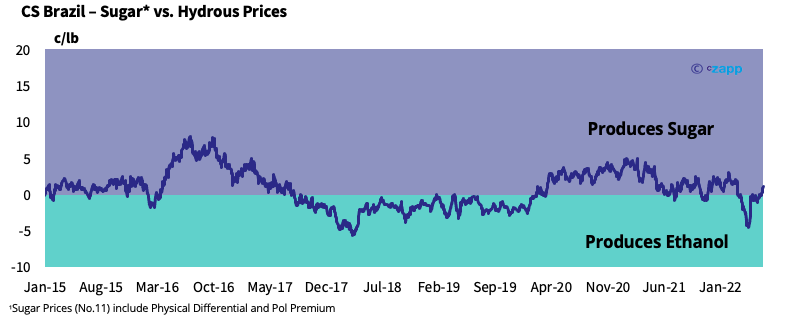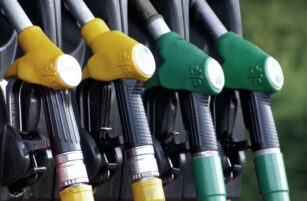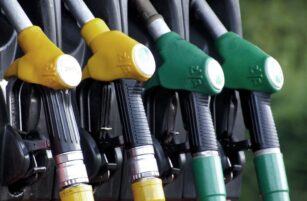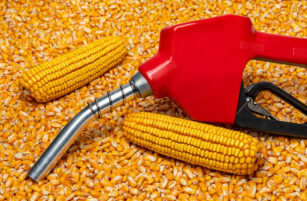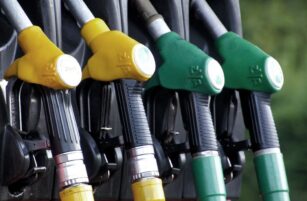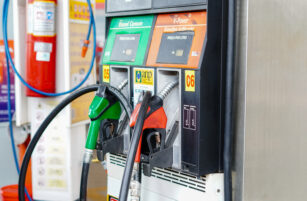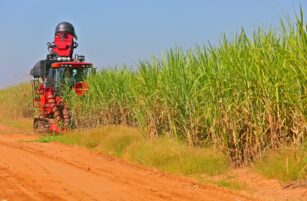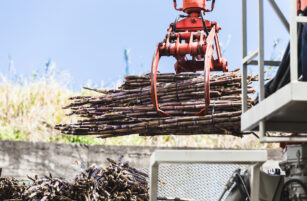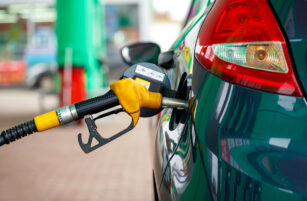Insight Focus
- Fuel taxes in Brazil have been reduced, especially for gasoline.
- Cheaper gasoline means ethanol prices need to fall as well; what does this mean for sugar?
- If you’d like us to answer one of your questions in an upcoming edition, please email will@czapp.com.
Last week, after much back and forth the changes in fuel taxes have been approved and sanctioned.
As of the 24th of June, fuel ICMS taxes in all Brazilian states have been limited to 18%. Additionally, federal taxes PIS/COFINS and Cide have been zeroed until 31st of December.
Have gasoline prices come down?
Anecdotal evidence suggests that it depends. Some gas stations have already passed on the reduction in prices (albeit not fully) while others are keeping as it were – most likely waiting to end fuel stocks bought at a higher price.
The reason why these changes in taxes were proposed is due to rising gasoline prices at the refineries, which in turn get passed on to consumers. Since Petrobras policy is to follow international gasoline benchmarks – and somehow retain its autonomy – the other way the government sought to reduce fuel prices was via tax reduction.
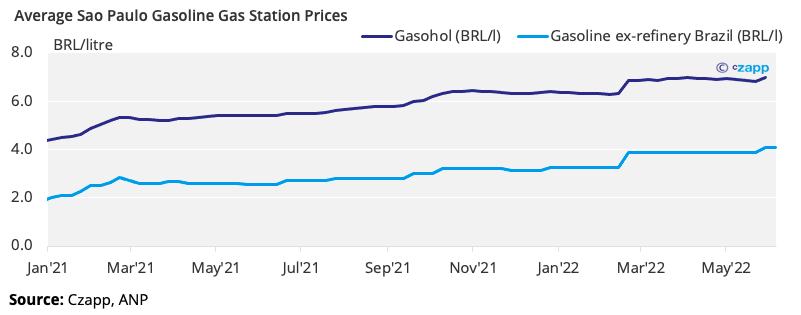
ICMS for gasoline in Sao Paulo state was reduced from 25% to 18%. Along with the exemption of federal taxes, gasoline at the gas stations should come down by BRL1,6/litre – a 23% price reduction.
Official ANP (National Oil Agency) showing average fuel prices across Brazil after the tax reductions will only be available next Monday.
Why should you worry?
Once gasoline prices come down, ethanol will also need to follow in order to keep its competitiveness at the pumps– the rule of thumb is ethanol prices needs to be 70% or lower that of gasoline.
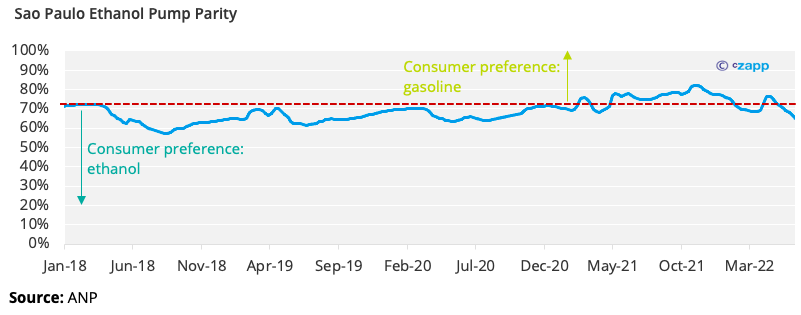
Before the fuel tax reductions, ethanol price for a 70% parity was 20.9c/lb – on a No.11 basis and FX of 5.2. Now, the parity falls to 16.8c/lb. This is the new price cap for ethanol, higher than this it starts to lose market share.
And the new ethanol price cap becomes a theoretical support for sugar prices. Since millers in Brazil compare ethanol and sugar to decide their production mix, as long as sugar pays more than ethanol cane allocation will be towards the sweetener production.
